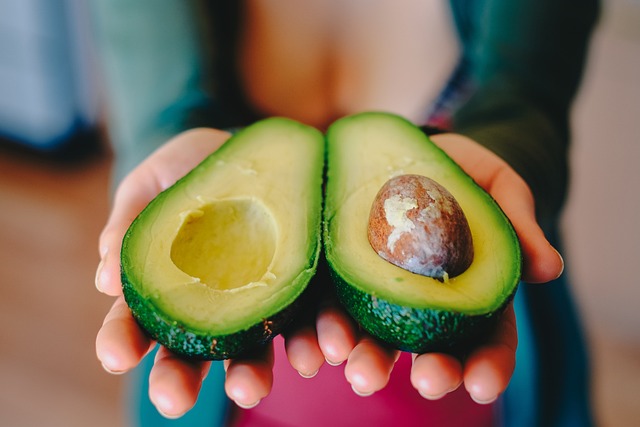Probiotics 101: Your Ultimate Guide to Understanding the Gut-Brain Connection
The concept of probiotics and their role in maintaining our digestive health has gained significant attention in recent years. Probiotics are live bacteria and yeasts that are good for our health, especially our digestive system. But did you know that the benefits of probiotics go beyond digestion? In this ultimate guide, we will explore the gut-brain connection and how probiotics can positively impact our mental well-being.
What is the Gut-Brain Connection?
The gut-brain connection refers to the bidirectional communication system between our gut and our brain. It involves complex interactions between the central nervous system (CNS), which includes the brain and the spinal cord, and the enteric nervous system (ENS), which is embedded in the lining of the gastrointestinal tract.
These two systems are interconnected through the vagus nerve, a long cranial nerve that extends from the brainstem to the abdomen. This communication network allows messages and signals to be transmitted between the gut and the brain.
The Role of Probiotics in the Gut-Brain Connection
Probiotics play a crucial role in maintaining the balance of gut bacteria. They help regulate digestion, nutrient absorption, and support our immune system. However, recent research suggests that probiotics can also influence our brain function and mental health.
Studies have shown that certain strains of probiotics, such as Lactobacillus and Bifidobacterium, can produce neurotransmitters like serotonin. Serotonin is often referred to as the “happy hormone” as it plays a key role in regulating mood and emotions. By increasing serotonin production, probiotics can potentially have a positive impact on our mental well-being.
Furthermore, probiotics have been found to reduce inflammation in the gut, which can indirectly affect brain function. Chronic inflammation in the gut has been linked to various mental health conditions, including anxiety and depression. By promoting a healthy gut environment, probiotics may help alleviate symptoms associated with these conditions.
Evidence and Benefits
While the gut-brain connection and the potential benefits of probiotics on mental health are still being extensively researched, studies have shown promising results.
In a randomized controlled trial, researchers found that participants who consumed a probiotic mixture experienced reduced symptoms of depression compared to those who received a placebo. Another study found that certain probiotics improved anxiety symptoms and stress response in participants subjected to stressful situations.
Additionally, emerging evidence suggests that probiotics may have positive effects on cognitive function. Some studies have shown improved memory and attention in individuals who regularly consumed specific strains of probiotics.
Choosing the Right Probiotic
Not all probiotics are created equal, and the specific strains and compositions can vary significantly. When choosing a probiotic supplement, it’s essential to consider the following factors:
- Strain: Look for specific strains that have been extensively studied and shown promising results.
- CFU Count: CFU stands for colony-forming units, which indicates the number of viable bacteria in a probiotic supplement. Higher CFU counts may be more beneficial, but it’s best to consult with a healthcare professional for guidance.
- Quality and Purity: Ensure the probiotic supplement is backed by quality testing and free from contaminants.
- Storage and Expiration Date: Probiotics are live organisms, and their potency decreases over time. Check the expiration date and follow the recommended storage conditions.
It’s important to note that probiotics are not a cure-all solution for mental health conditions. They should be used as part of a comprehensive approach that includes a balanced diet, regular exercise, and appropriate mental health support.
Incorporating Probiotics into Your Routine
There are several ways to incorporate probiotics into your daily routine:
- Probiotic-Rich Foods: Include fermented foods like yogurt, kefir, sauerkraut, kimchi, and kombucha in your diet.
- Probiotic Supplements: Choose a high-quality probiotic supplement that fits your specific needs.
To ensure optimal results, it’s advisable to consult with a healthcare professional or a registered dietitian before starting any new probiotic regimen.







